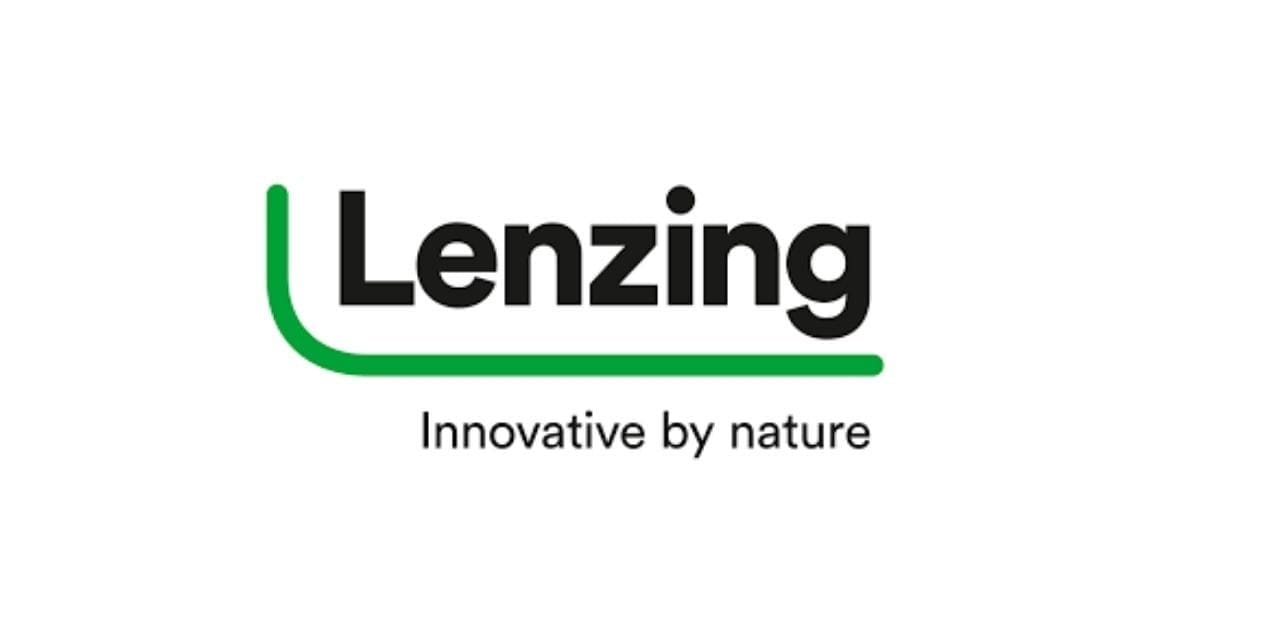Lenzing Group, a world-leading provider of wood-based specialty fibres, has been recognised for leadership in corporate sustainability by the global environmental non-profit organisation CDP, securing a place on its prestigious ‘A List’ for tackling climate change as well as acting to protect water security and forests.
Through significant demonstrable action on climate, water security risks and deforestation, Lenzing is leading on corporate environmental ambition, action and transparency worldwide. The world’s economy looks to CDP as the gold standard of environmental reporting with the richest and most comprehensive dataset on corporate and city action, Lenzing said in a press release.
In 2021, over 590 investors with over $110 trillion in assets and 200 major purchasers with $5.5 trillion in procurement spent requested companies to disclose data on environmental impacts, risks and opportunities through CDP’s platform. A record-breaking 13,000 companies responded.
“We are very proud to have even topped our excellent ratings from the previous year. The triple ‘A’ rating shows that we are already on a very good path with our sustainability strategy, and it encourages us for the future to remain true to this path and to continue to develop in order to be able to welcome a CO2-neutral future as soon as possible,” said Cord Prinzhorn, CEO of the Lenzing Group. “The textile and nonwoven industry has to change and we strongly believe that we cannot be complacent about the inherent climate advantage of wood-based cellulosic fibres. This is why we have set ourselves ambitious sustainability targets and are making huge investments in order to meet them.”
“Many congratulations to all the companies on this year’s ‘A’ List. Taking the lead on environmental transparency and action is one of the most important steps businesses can make, even more so in the year of COP26 and the IPCC’s Sixth Assessment Report. The scale of the risk to businesses from climate change, water insecurity and deforestation can no longer be ignored, and we know the opportunities of action far outweigh the risks of inaction. Leadership from the private sector is essential for securing global ambitions for a net-zero, natural positive and equitable world. Our ‘A’ List celebrates those companies who are preparing themselves to excel in the economy of the future by taking action today,” Paul Simpson, CEO of CDP, said.
Sustainable wood and pulp sourcing as well as responsible water stewardship are defined as two prominent focus areas in Lenzing Group’s sustainability strategy. The Lenzing Group assumes responsibility by striving for sustainable procurement based on environmental certificates and responsible and efficient use of these valuable resources. Lenzing’s bio refinery process ensures that 100 percent of wood constituents are used: to produce dissolving wood pulp for fibre production, bio refinery products, and bio energy.
In addition, with its recycling technologies REFIBRA and Eco Cycle, Lenzing offers solutions for transforming the textile and nonwovens industries from a linear towards a circular economy. In line with its vision for the circular economy, ‘We give waste a new life. Everyday’. One milestone on this path is the cooperation with the Swedish pulp producer Södra. The two global market leaders, who have been proactively promoting the circular economy in the fashion industry for many years, are joining forces to give the issue a further boost and make a decisive contribution to solving the global textile waste problem.
In line with the company’s score TEN strategy, Lenzing aims to generate profitable growth via sustainable innovation and will continue to accelerate this process. The finalisation of two major projects with a total investment volume of more than €1.5 billion is a significant milestone on the road to a zero-carbon future. Thanks to its pioneering infrastructure, the lyocell plant in Thailand can be supplied with sustainable biogenic energy. The pulp mill in Brazil will feed more than 50 per cent of the electricity it generates into the public grid as renewable energy, the release said.
Moreover, specific roadmaps for implementing the group’s climate targets have been agreed for all its existing locations. Lenzing is currently investing more than €200 million in its Asian production sites to transform existing capacities for standard viscose into capacity for eco-friendly specialty fibres. In Nanjing, Lenzing will establish the first wood-based fibre complex in China that does not depend on coal as an energy source. Lenzing also plans to install a photovoltaic system covering an area of 55,000 m² at its site in Upper Austria as well as a new, state-of-the-art wastewater treatment facility at its UK plant in Grimsby.

